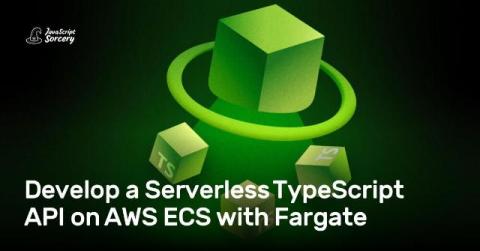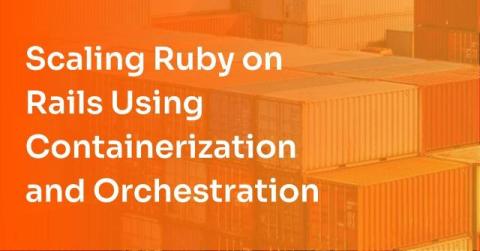API Management is Fundamental to Modernizing Insurance Operations
The concept of insurance predates the printing press and the steam engine. So it's likely no surprise that the industry — as obviously adaptable as it is — often faces challenges related to the modernization of legacy systems. In the age of AI and APIs (application programming interfaces), streamlining operations and modernizing are paramount to success.











